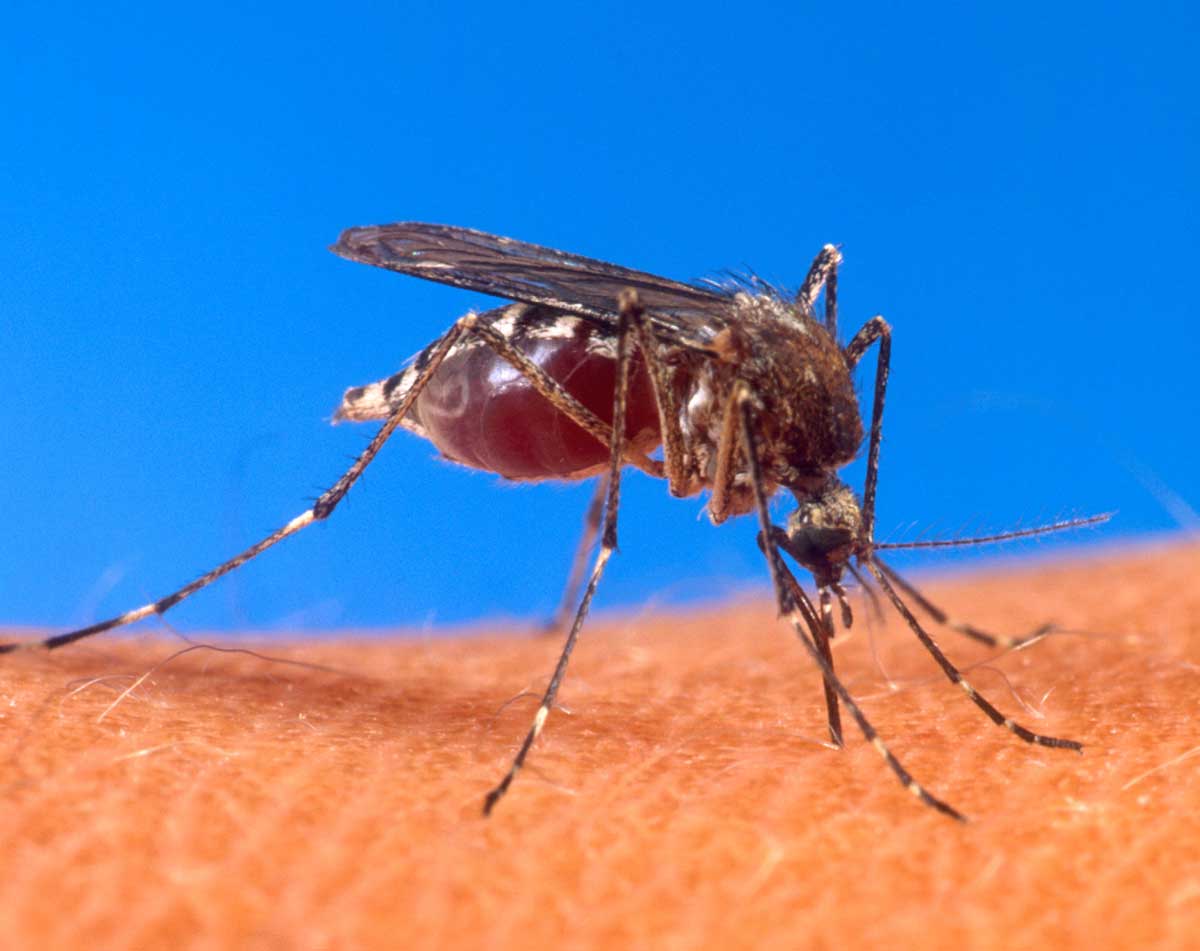 Mayor Stephen Zanni and the City of Methuen Board of Health want to inform residents that the Massachusetts Department of Public Health (DPH) announced today that West Nile virus (WNV) has been detected in mosquitoes collected from Methuen along the I-93 corridor. The City is working with Northeast Massachusetts Mosquito Control (NEMMC) to identify a spraying schedule and target area for as soon as possible. NEMMC has already conducted targeted spraying throughout the City at the schools and recreational fields prior to the opening of school. The City has also treated all of its catch basins with a larvicide and has provided information to residents on steps to take to reduce their exposure to mosquitoes.
Mayor Stephen Zanni and the City of Methuen Board of Health want to inform residents that the Massachusetts Department of Public Health (DPH) announced today that West Nile virus (WNV) has been detected in mosquitoes collected from Methuen along the I-93 corridor. The City is working with Northeast Massachusetts Mosquito Control (NEMMC) to identify a spraying schedule and target area for as soon as possible. NEMMC has already conducted targeted spraying throughout the City at the schools and recreational fields prior to the opening of school. The City has also treated all of its catch basins with a larvicide and has provided information to residents on steps to take to reduce their exposure to mosquitoes.
WNV is most commonly transmitted to humans by the bite of an infected mosquito. The mosquitoes that carry this virus are common throughout the state, and are found in urban, as well as more rural areas. While WNV can infect people of all ages, people over the age of 50 are at a higher risk for severe infection.
DPH lists Methuen’s risk level for WNV and EEE as LOW prior to this positive test. At the time of this release, there have not been any changes to the City’s risk level.
The City will continue to work closely with DPH and NEMMC to identify solutions for treatment and education. More information about mosquito-borne illness and activity can be found on the City Health Department website at www.cityofmethuen.net, the NEMMC website at www.northeastmassmosquito.com or www.mass.gov/dph.
The City is again urging residents to avoid mosquito bites and reduce mosquito populations around their home and neighborhoods. By taking a few, common-sense precautions, you can help protect yourself and your family:
Avoid Mosquito Bites
• Be aware of peak mosquito hours. The hours from dusk to dawn are peak biting times for many mosquitoes. Limit your time outdoors during these peak periods of mosquito activity Consider rescheduling outdoor activities that take place during evening or early morning hours. Otherwise, take extra care to use bug spray and protective clothing.
• Clothing can help reduce mosquito bites. Although it may be difficult to do when it’s hot, wearing long-sleeves, long pants and socks when outdoors will help keep mosquitoes away from your skin.
• Take special care to cover up the arms and legs of children playing outdoors. When you bring a baby outdoors, cover the baby’s carriage or playpen with mosquito netting.
• Apply bug spray when you go outdoors. Use a mosquito repellent that contains DEET or Picaridin. Oil of lemon eucalyptus may also be considered. Products with permethrin should only be used on clothing. Always follow the directions on the label. Repellents should not be used on children younger than two months of age. Oil of lemon eucalyptus should not be used on children under three years of age.
Mosquito-Proof Your Home
• Drain standing water. Mosquitoes lay their eggs in standing water. Limit the number of places around your home for mosquitoes to breed by either draining or getting rid of items that hold water. Check rain gutters and drains. Empty any unused flowerpots and wading pools, and change water in birdbaths frequently. Mosquitoes will begin to breed in any puddle or standing water that lasts for more than four days.
• Install or repair screens. Keep mosquitoes outside by having tightly-fitting screens on all of your windows and doors. Fix any holes or tears in screens, so mosquitoes can’t get in.
Northeast Massachusetts Mosquito Control (NEMMC) will spray a targeted area of the City of Methuen for mosquitoes on Monday, September 9, 2013 beginning at 8pm, as conditions allow, with Tuesday night as a backup, if necessary. The target area identified by NEMMC is bordered by Pelham Street from the Central fire station to the Marsh School, Lowell Street from the Central fire station to the Forest Street intersection and all of Forest Street. The target area includes the neighborhoods within those borders and encompasses the area where the positive mosquito was found.
